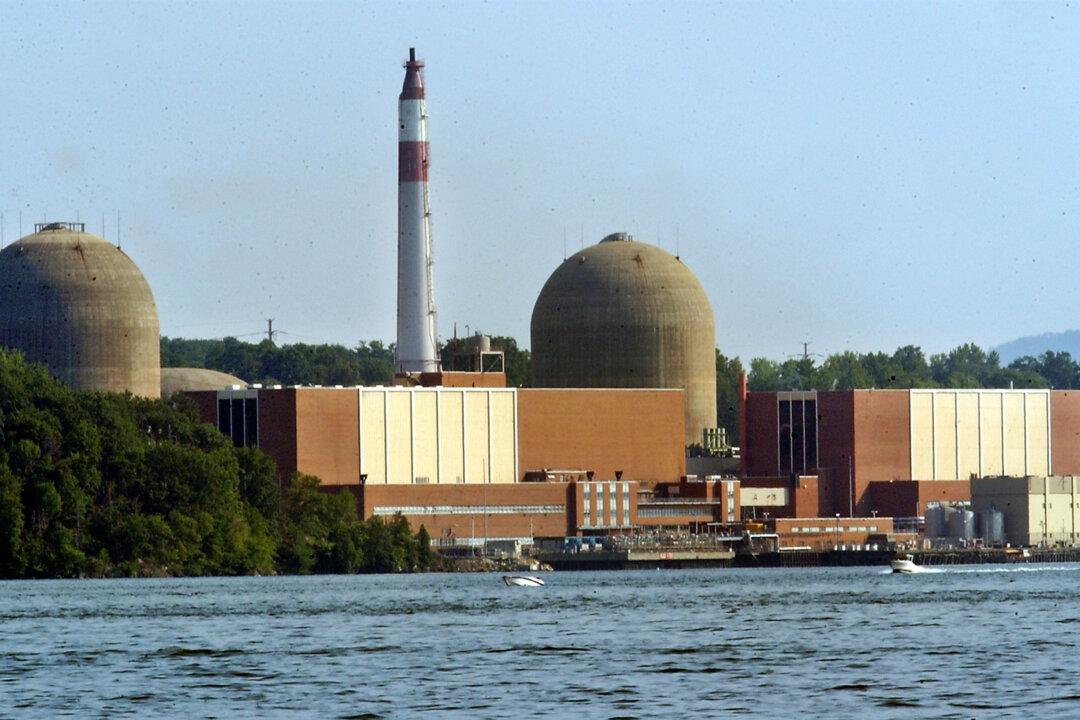The U.S. Senate approved a bill to make the construction process for nuclear plants faster and more cost-effective, with Democrats and Republicans on the Senate Environment and Public Works Committee both touting the measure as a significant step toward a cleaner energy future.
The bipartisan ADVANCE Act, viewed as a win for the nuclear power industry, passed in an 88–2 vote on June 18. Sens. Ed Markey (D-Mass.) and Bernie Sanders (I-Vt.) opposed the bill.





